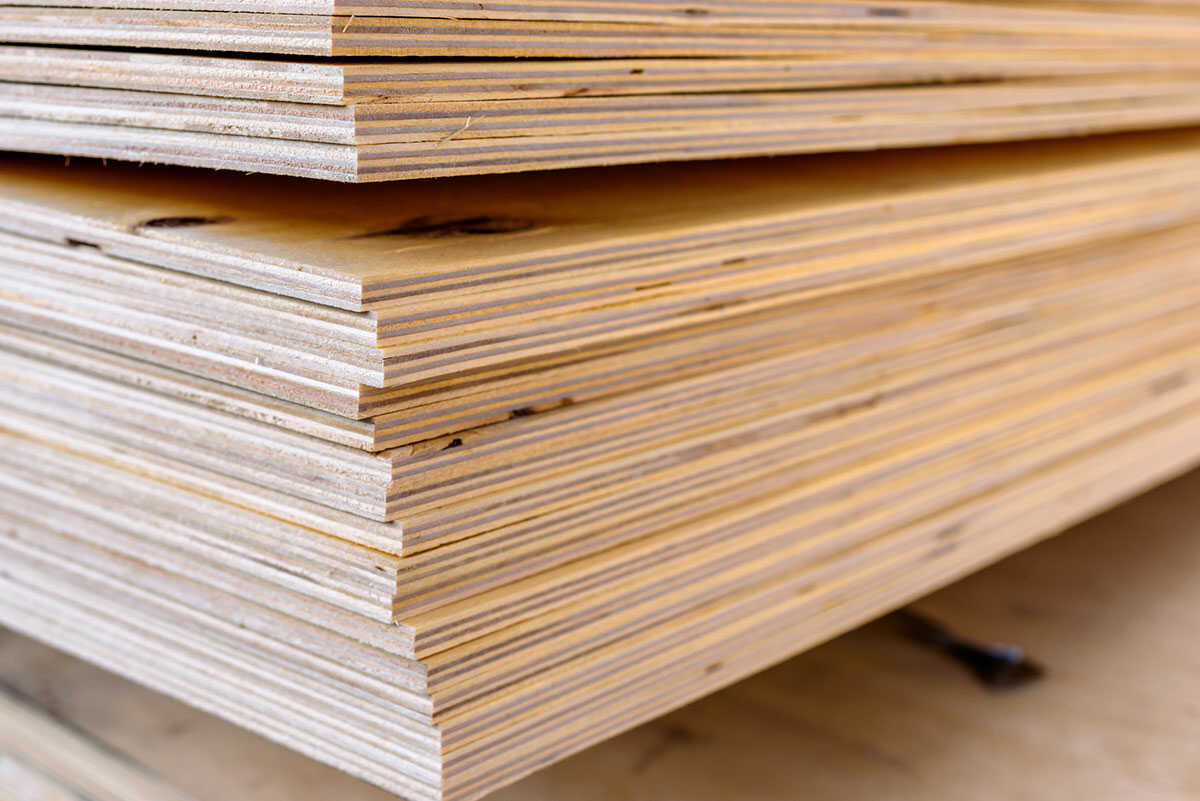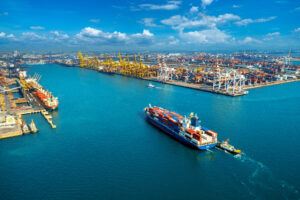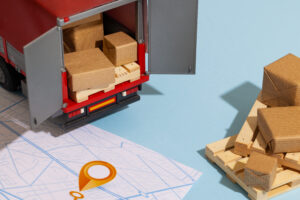Here’s what contractors need to know about the continuing legal fight and what it could mean for their businesses
Key Takeaways:
- Substandard plywood has been coming into the U.S. for some time now.
- An American company has been certifying this plywood without testing it properly.
- This plywood doesn’t meet U.S. standards, which makes it potentially unsafe to use for construction projects.
- Contractors have to be aware of if their projects have used this plywood, as well as where they get their products from in the future.
With all of the chaos going on in the global supply chain, companies that use products from foreign countries need to constantly be aware of what’s happening. There’s a recent development concerning lumber that builders and contractors need to know about. Recently, in a Fort Lauderdale federal court, a judge entered a permanent injunction against Brazilian plywood certifier PFS-TECO.
PFS-TECO was alleged to have been issuing PS1 certification stamps for imported Brazilian plywood without conducting adequate quality testing. This most recent case stems from a 2019 lawsuit by the U.S. Structural Plywood Integrity Coalition. And, because this plywood has ultimately been deemed substandard, the judge’s ruling would prevent the company from being allowed to give out any future PS1 certifications.
Michael Haglund, the counsel representing the U.S. Structural Plywood Integrity Coalition, recently said that “This case highlights how a few bad actors profited by essentially looking the other way while substandard, and potentially dangerous plywood was imported into the U.S. and used to build homes and businesses.”
All PS 1 certificates that were issued by PFS-TECO to the Brazilian mills producing this plywood for the U.S. were revoked as a result of this ruling. This means that any retailers or wholesalers selling this off-grade wood need to either remove the PS1 stamp on it or destroy their products.
What is the issue with the Brazilian plywood?
The main issue here is that inferior softwood plywood panels are coming into the U.S. from Brazil and could be potentially dangerous to use in construction. The Engineered Wood Association, APA, conducted a series of tests on imported plywood products from Brazil and came to the conclusion that the plywood didn’t comply with U.S structural grade standards.
The Brazilian panels specifically did not meet stiffness requirements. This means that they aren’t in compliance with U.S. Voluntary Product Standard PS1, Structural Plywood. All of the panels were seven-ply, seven-layer construction and had PS1 trademarks issued by accredited inspection agencies.
A twist in the case
While PFS-TECO is no longer allowed to issue PS1 certifications, it didn’t take long for another company to jump in and continue where they left off. Just a few weeks after the injunction came down, Forestwood Industries Inc. started issuing its own PS1 certificates to the exact same Brazilian mills. U.S. Structural Plywood Integrity Coalition immediately filed another injunction request.
“It does seem to be kind of curious that just days after the permanent injunction was issued, you suddenly have this new company that popped up for certifications, and everything was in line and ready to go,” said attorney Jeff Thomen. “It’s kind of almost a whack-a-mole situation.”
Lawyers representing Forestwood responded thusly: “Forestwood is a company with deep roots in the lumber production industry, extensive experience in evaluating and assessing the quality of plywood, and is fully compliant with the duly-issued accreditations by its co-defendant.”
What does this mean for builders in the U.S.?
Builders use Brazilian plywood extensively in the U.S. In 2021, mills sold over one billion square feet, which accounted for 11% of the U.S. supply. Workers used much of it for new construction and to rebuild structures damaged by Hurricane Maria in Florida and Puerto Rico because of its cheaper prices. Haglund says the use of this plywood is especially concerning in these places due to the potential risks to building integrity during storms in the future.
This situation puts contractors in a difficult situation, as they count on companies like PFS-TECO for guidance. “As a contractor, you don’t have a responsibility to independently test the wood to determine whether the certification is proper,” said William Davell, a director at the Tripp Scott law firm in Fort Lauderdale, Florida. “You’re relying on this certification company. If I’m a construction company, I just buy PS1 plywood from my supplier. I don’t know if he got it from Brazil or Alabama.”
So, what should contractors do if they have used these substandard panels or suspect they have? It’s better to be proactive and get ahead of this before being forced to take action, lawyers recommend. And one of the first steps should be getting in touch with clients if they know that this plywood has been used in their projects.
“In Oregon, I would generally advise contractors to notify project owners of the defective plywood, and notify the contractor’s insurance company at the same time,” said Kelly McCann, an attorney at Burnside Law Firm in Portland, Oregon.
Said Marc Gravely, a construction defect lawyer in San Antonio. “Contractors generally promise that their work and materials will be free from defect. In this case, they cannot meet their contractual obligations as the materials are known to be defective and not in compliance with the building code.”
The moral of the story
There are two main takeaways from this plywood saga. First, construction companies and contractors have to be acutely aware of everything going on in the industry so they don’t get ambushed by this kind of thing. Secondly and perhaps most importantly, they need to always be sure of the quality of the wood they use.
At Gulf South Forest Products Inc., our team of dedicated, long-term experts only sources the finest forest products. We regularly inspect the mills we use to maintain the highest standard of quality. Plus, we constantly stay up-to-date on news happening in our industry and related ones. Contact us to learn more.





